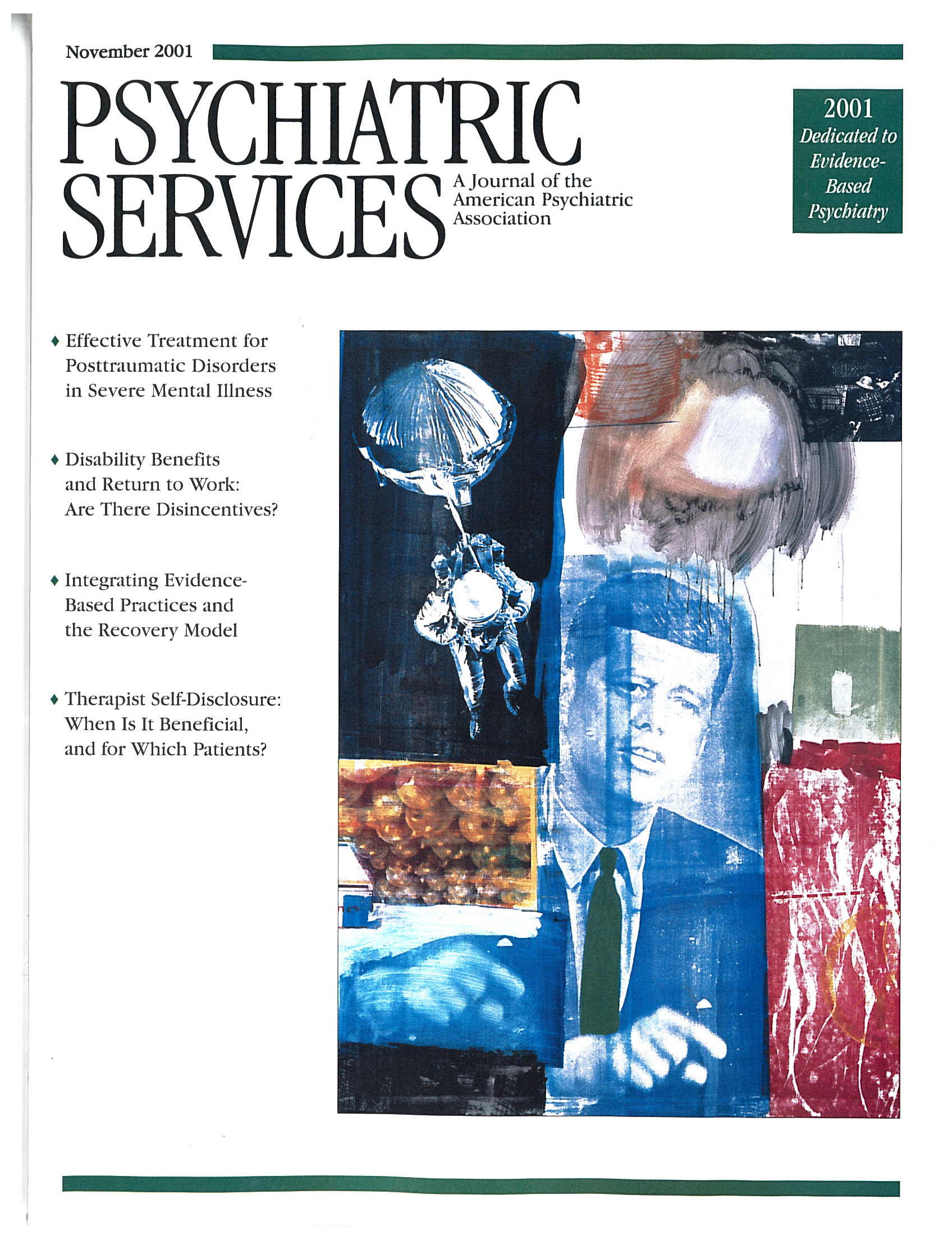Reexamination of Therapist Self-Disclosure
Abstract
In mental health practice, a commonly held view is that therapist self-disclosure should be discouraged and its dangers closely monitored. Changes in medicine, mental health care, and society demand reexamination of these beliefs. In some clinical situations, considerable benefit may stem from therapist self-disclosure. Although the dangers of boundary violations are genuine, self-disclosure may be underused or misused because it lacks a framework. It is useful to consider the benefits of self-disclosure in the context of treatment type, treatment setting, and patient characteristics. Self-disclosure can contribute to the effectiveness of peer models. Self-disclosure is often used in cognitive-behavioral therapy and social skills training and might be useful in psychopharmacologic and supportive treatments. The unavoidable self-disclosure that occurs in non-office-based settings provides opportunities for therapeutic deliberate self-disclosure. Children and individuals who have a diminished capacity for abstract thought may benefit from more direct answers to questions related to self-disclosure. The role of self-disclosure in mental health care should be reexamined.



